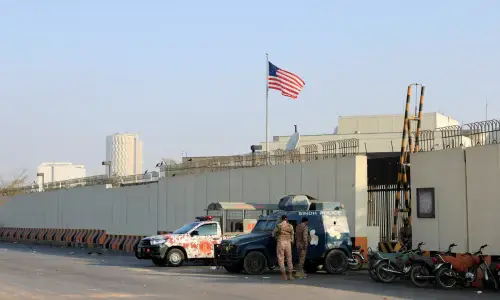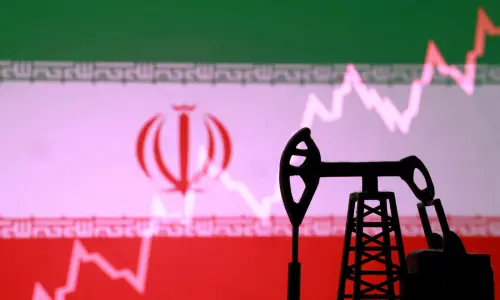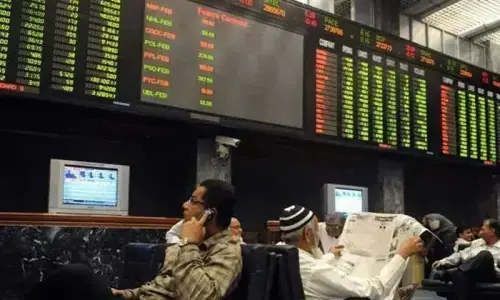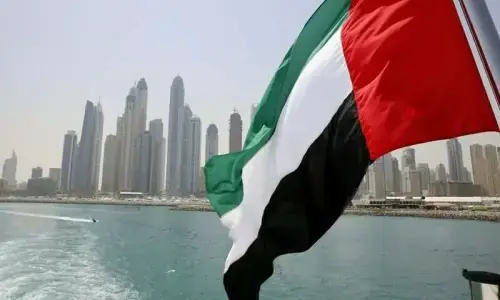KARACHI: About seven million people in textile and textile-related industries have been laid off due to dwindling exports and the government’s failure to end the economic crisis, representatives of the value-added textile associations said in a joint press conference on Monday.
The current government does not have any policy to end the various crises affecting textile producers and exporters, they said.
The industry is on the verge of closure as many units have already closed down. Several others are planning to either shut down or shift their production abroad.
Textile factories are being deprived of necessary raw material and accessories. Letters of credit worth as low as $5,000 are being refused, which has hit in-progress export orders of $500,000 per consignment. It’s causing severe disruption and production delays and has led to the cancellation of export orders. Demurrage on various consignments has increased the cost too much, they said.
Despite such a difficult situation, the government is importing expensive luxury cars like BMWs for cabinet members. These imports will have no contribution to foreign exchange earnings. They won’t
Value-added textile makers decry import curbs on dollar-earning export sector
generate any taxes for the national exchequer and create zero employment, they said.
It is ironic that exporters who are bringing dollars into the country have been placed third on the priority list for the import of raw materials, they said. Essential items like wheat and edible oil are the first on the priority list while energy-related imports are second.
They complained that the dollar-earning export sector is placed below dollar-spending sectors on the priority list, which shows the poor judgment of policymakers. “How could you spend foreign exchange on essential items and energy if you don’t earn it first?”
The government performance in the last nine months is poor, they said. Two finance ministers during this period have failed to resolve the ongoing economic crisis, they added. Neither the prime minister nor the finance minister have bothered to set aside some time to meet the exporters, they noted.
The industrial sector cannot operate under extreme financial stress as the alarm bells for sovereign default have been continuously ringing while the government’s finance and economic team appears to be asleep at the wheel, they said.
The country is in the middle of a dollar crisis and the economy is facing an emergency-like situation. The current shortage of dollars can be overcome only by promoting exports.
The joint press conference of was addressed by Muhammad Jawed Bilwani, coordinator of the Value-Added Textile Forum, Pakistan Hosiery Manufacturers and Exporters Association (PHMEA) Chairman Muhammad Babar Khan, PHMEA Zonal Chairman Khizer Mehboob, Pakistan Knitwear and Sweater Exporters Association Chairman Rafiq Godil and Pakistan Cloth Merchants Association former chairman Abdul Samad among others.
Published in Dawn, January 10th, 2023






























